
collegeminifridge
poet and lover of cats | they/them
33 posts
Latest Posts by collegeminifridge
![[ID: A poem is a place / I go. It's safe / like an ambulance / is safe. / You being / inside / means / you're already hurt.]](https://64.media.tumblr.com/ebf39ab3bf0d7777158250b3d39b9b48/e1f79716886aeda7-c4/s500x750/4eaa050890e138a09991f2ffb77df759de04c63d.jpg)
Good Girl and Other Yearnings, Isabelle Correa
i hate when you google a word and some fucking company comes up instead. Do you think you are more important than the english dictionary you piece of shit corporation


infinity on high 💫
u survive literally every single event in your life & still every time a new event happens you feel like this is the event that will kill you and that you will never move on from but actually you will continue to survive like you always have bc u have a 100% win rate of surviving events. btw
I HAVE DISCOVERED HOW TO MAKE EDITS ON CANVA I AM UNSTOPPABLE









based off this post by @75screamingtoads that made me start watching. as you can see my art gets progressively worse each panel lol
my first favorite hobby is yapping. second is being extremely quiet and not talking ever at all ever.
Sorry for infodumping about my special interest out of nowhere, you said a keyword and it activated my unskippable dialogue
Do you ever look at a sparrow and think, "that bird is really wasting her potential?"
No. That thought would clang against the simple dignity we sense in nature, the dignity of a living thing inhabiting a life.
You are that sparrow. You are the branch she rests upon.
You embody that same dignity.

Change is hard but staying somewhere you don't belong to will destroy you









"No! It wouldn't be funny at all."
actually im just gonna make my own post about it: please read more webcomics. please try them. every time people make posts about “aw man i wish SOMEone would WRITE about FLAVOR OF QUEER THING/TRAUMA OR ABUSE BUT IN SPECIFIC WAYS I CAN RELATE TO/WHATEVER” and then it gets reblogged into a giant thread of people agreeing with it and demanding Content i die because whatever it is is definitely being painstakingly created by an indie author who would really like for people to consume it and every time i point this out people suddenly can’t read lmao
it is out there it is free it is being made from firsthand experiences by people who care very very deeply who would be DELIGHTED to hear that it’s resonating with anybody at all, please throw some of that enthusiasm and support at people who will actually appreciate it
if you’re an indie comic person and any of this applies to you i encourage you to reblog this with a link to your comic and a short synopsis so people can browse the notes and find shit they’re looking for. or make your own post on your own blog if you don’t want to fool with other people i don’t care this is a sign from the universe that you should be louder about what you’re working on because people can’t fucking find it apparently.
i’ll go first i make kidd commander and it’s about an ensemble cast of queers on their way to kill god, they live on an airship and they’re all too pissed off to die. it’s free to read and it’s in the middle of its third arc right now. it lives here http://kiddcommander.com/
go go go
i want to be a part of a community on here/ make friends but idk how to do that without posting a lot of content and what does one post when they are unfunny and all of their artistic endeavors are a WIP

Alice Walker, from “Even As I Hold You”, Her Blue Body Everything We Know: Earthling Poems 1965-1990
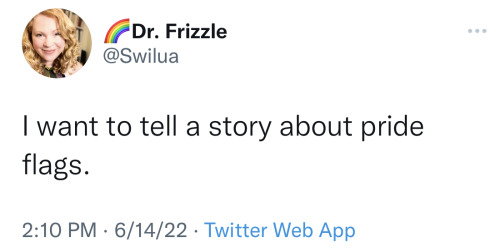
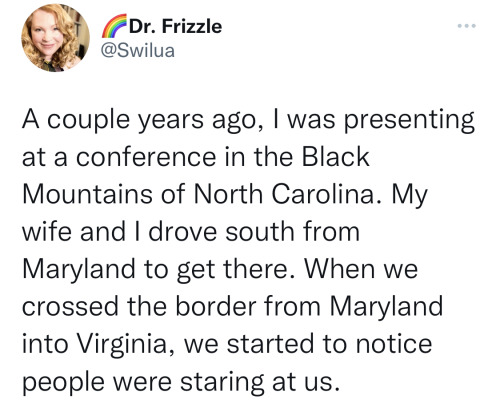
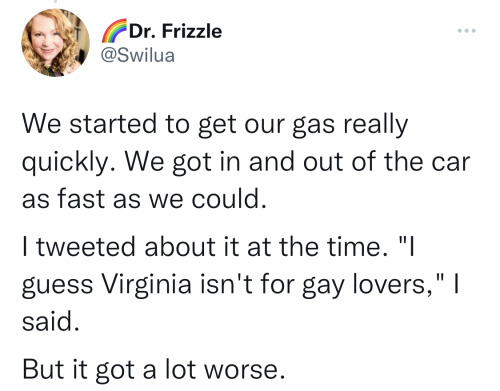
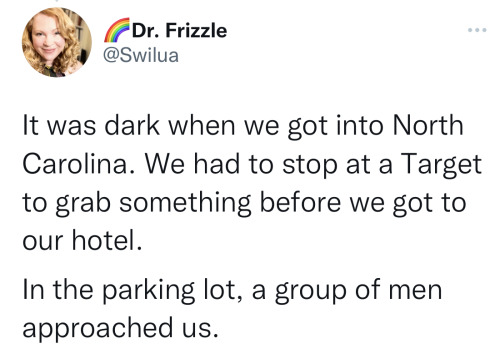
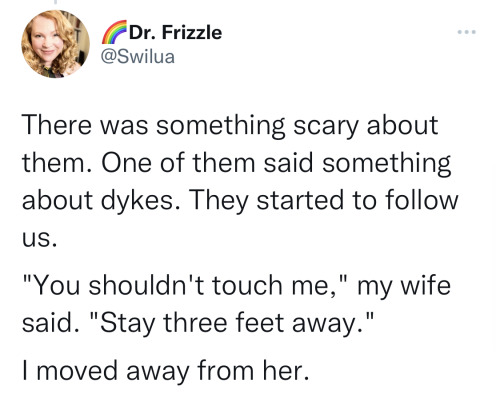
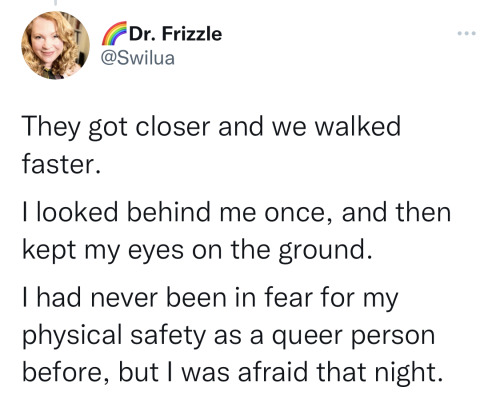
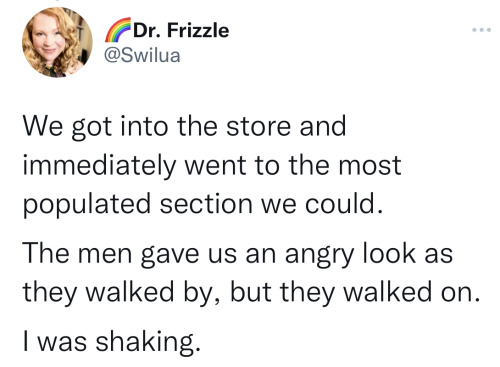
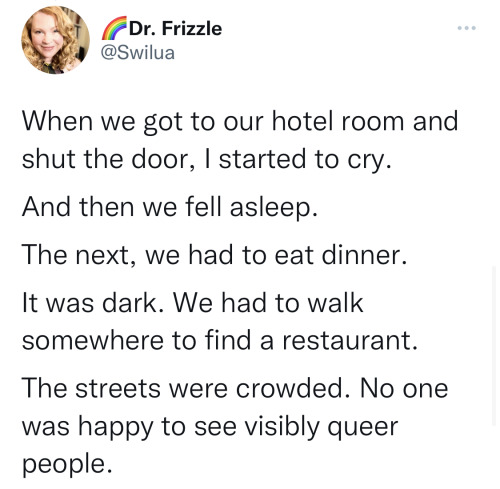
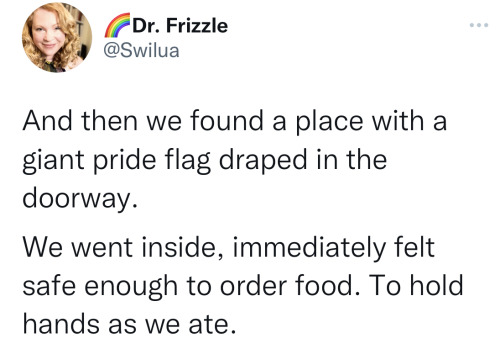
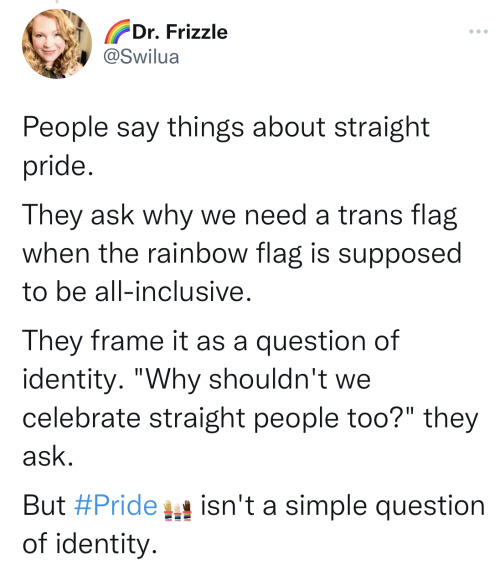





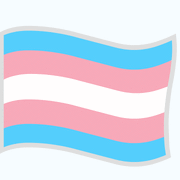
How to write a negative character arc
Here’s the simplest way to break down the building blocks of a negative character arc in your novel!
Here’s the A-Z on negative character arcs
It’s totally possible to pull off a negative character development, for ANY person in your story, whether that’s a side-character, villain, or the protagonist.
Here’s something no one tells you, but it’s actually fundamentally simple.
You can do this with a very easy formula. Typically, a positive arc means that you set out with one main character flaw/issue, which that character overcomes by the end of the story.
So all you need is:
a flaw your character NEEDS to overcome
a goal they WANT to achieve
For a positive arc, they’d succeed at their NEED. Then maybe their WANT as well. For a negative, they simply never fulfil their NEED.
This means they never overcome the flaw they are supposed to face. In fact, they ignore it so confidently, it becomes a PROBLEM. They will never truthfully own up to their mistakes.
This is where you can let it get worse, let it develop into fatal flaw, and let more issues arise from it. As for their WANT? They’ll usually put their external goal above everything else, and dig themselves even deeper into personal disarray, where they won’t recognize themselves any longer.
If you need a hand getting started on your novel, we have 3 coaches at The Plottery who can work with you intensively for 4 month to skill up your writing and help you finish your first draft.
Apply through the [link here] or below!

“—I want to change: I want to stop fear’s subtle / guidance of my life—”
— Frank Bidart, from Half-light: Collected Poems; “California Plush” (via luthienne)
Character developement
- Create a detailed backstory: Develop a rich and layered backstory for your character, including their upbringing, past experiences, and significant events that have shaped them. This will provide a foundation for their personality and motivations.
- Define core traits: Identify a few core personality traits that define your character. Consider both positive and negative traits to make them more well-rounded and realistic.
- Give them strengths and weaknesses: No character is perfect. Give your character a mix of strengths and weaknesses to make them relatable and interesting. These flaws can create internal conflicts and opportunities for growth.
- Establish goals and motivations: Determine what drives your character. What are their goals, desires, or ambitions? Understanding their motivations will help shape their actions and decisions throughout the story.
- Create relationships: Develop meaningful relationships for your character with other characters in the story. This includes friends, family, romantic partners, and even adversaries. Consider how these relationships influence and shape your character's development.
- Show internal conflict: Explore the internal struggles and dilemmas your character faces. This could be conflicting emotions, difficult choices, or battling their own fears and insecurities. Internal conflict adds depth and complexity to their development.
- Allow for growth and change: Characters should evolve throughout the story. Consider a character arc that takes your character from a starting point to a transformed state by the end. Give them challenges and experiences that allow them to learn, grow, and change over time.
- Use dialogue effectively: Craft dialogue that reflects your character's unique voice, speech patterns, and personality traits. Dialogue can reveal their emotions, beliefs, and thought processes, providing insights into their character.
- Show, don't tell: Instead of explicitly telling readers about your character's traits, show them through their actions, choices, and interactions with others. This allows readers to form their own opinions and connections with the character.
- Continuously refine and develop: Characters are not static entities. As you write, remain open to new ideas and opportunities for character development. Allow your characters to surprise you and evolve beyond your initial plans.
Life's not fair, i should be paid for existing and reading books
Writing a poem is not so very different from digging a hole. It is work. You try to learn what you can from other holes and the people who dug before you. The difficulty comes from people who do not dig or spend time in holes thinking that the holes ought not to be so wet, or dark, or full of worms. “Why is your hole not lined with light?” Sir, it is a hole.
Heather Christle, The Crying Book


me and karma vibe like that.
i think society’s obsession with productivity will be our downfall, it’s unrealistic. you don’t need to be productive every minute of the day. your body needs rest. it’s not natural to stay “grinding” or “hustling”. please don’t feel guilty about taking care of your body and taking a break when you need one.
Where to start as a beginner writer
Are you new to the world of writing? Here are some pointers to consider when starting out your journey!
Define your purpose
A super important first step for any writer is to ask themselves why they are actually writing. What sort of message do you want to put out into the world, what types of stories are you going to tell? Do you want to make people cry, laugh, do you want to inspire them, do you want to shine a torch on important issues, do you want to thrill them or make them feel good?
Familiarize yourself with character arcs
Before plot, there is character! Character arcs are a great way to get yourself started on your writing journey. Learn about internal conflict, misbelief, positive and negative arcs, backstories... Once you know this, the plotting side of things clicks into place much easier.
Understand the basics of story structure
You do not need to be a plot-genius to write a good book. As long as you have a good grasp on your character arcs, and a basic understand of how a story is structured, you’re good to go! It’s great to read about 3-act, 5-act, hero’s journey, and other structures on examples of books you’ve read or films you’ve seen.
Read in your genre
Cannot stress this enough! Every writer should be a reader. It’s so important to read within and outside of your genre, because reading is the best way to learn and grow and improve.
Don’t be afraid to write whatever comes to mind
All writers get stuck into certain parts of their writing, and we all become victims of perfectionism or procrastination one way or another. Don’t let this be a thing to discourage you. What’s important to know about writing is that the more you do it, the more you will improve. So even if you’re writing something for fun, or you’re not entirely happy with the quality, know that actually writing it will help you more than avoiding it.
Did you know I have a free novel plan to get you started on your writing journey?
You can grab it through the [link here] or below!

the transgendered are promoting evil harmful ideas such as LIKING YOUR BODY and NOT WANTING TO KILL YOURSELF
me fr


Crystal Wilkinson, “Witness”
happy pride month










on june
emily dickinson complete poems of emily dickinson: “all these my banners be” (via @soracities) \ annette wynne why was june made? \ pablo neruda one hundred sonnets \ virginia woolf the waves \ l.m. montgomery anne of the island (via @metamorphesque) \ sylvia plath the unabridged journals of sylvia plath, 1950-1962 \ mahmoud darwish a river dies of thirst \ emily dickinson complete poems of emily dickinson: “ourselves were wed one summer–dear–” (via @soracities) \ philip larking cut grass \ morgan parker magical negro: “the black saint & the sinner lady & the dead & the truth”
support this blog
Challenge: Write for 10 Minutes Every Day for a Week
It’s a common misconception that a daily writing habit takes a huge amount of time and effort to maintain. It doesn’t.
With the right tools and systems in place, it can be as leisurely as a walk in a park. You don’t have to lose sleep over it. You don’t have to chain-smoke cigarettes. You don’t have to quit your job and move into the woods to do it.
I’m not sure what is causing this sentiment — perhaps memories from when you joined NaNoWriMo and tried writing thousands of words daily (or a similar push to hit a crazy deadline). While it can work for some, most writers don’t write thousands of words every day like that.
This week, I want to challenge you to write for just ten minutes every day. There’s no daily word count goal. If you sit there for ten minutes and nothing comes out, that’s a success too.
From Dreamer to Writer
Hang on a second. How can you get anything done with just ten minutes per day? I’m glad that you asked!
If you stick to it, you’ll write for just over an hour per week, five hours per month and 60 hours per year. According to my writing stats, I average about 1,500 words per hour. That’s 90,000 words per year. I’m not a particularly fast writer, but even if you did half of that, you’re still in the 50,000 words/year range.
That’s a lot of words, considering you’re only writing for 10 minutes a day. But there’s more.
Occasionally, you’ll be in the mood for writing. Your ten minutes fly past, and you’re nowhere near done. Maybe you write for 30 minutes, perhaps an hour, working on an exciting chapter of your story.
The words add up faster than you think.
The Challenge
Starting today, write for at least ten minutes per day for a week. You may work on your current WIP, write a short story, blog post or journal.
There’s no word goal. As long as you sit down to write, it’s a success!

I set up a challenge in Writing Analytics if you’d like to join:
https://app.writinganalytics.co/challenge/647f2785e7b6ddfbda265635
One great thing about WA is that you can set and track time goals for your writing sessions. That makes it super easy to build a writing habit like that:

Happy writing!